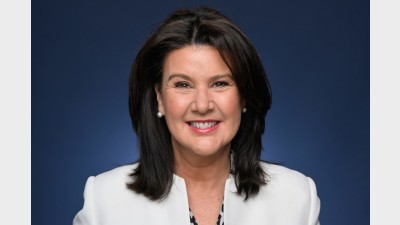Excess contributions still problematic


Even allowing for the full implementation of changes to the superannuation excess contributions regime, it remains punitive to those who have made a legitimate mistake, according to Chartered Accountants Australia and New Zealand superannuation leader, Liz Westover.
Commenting on the issue on the organisation's web site, Westover said that the treatment of excess non-concessional contributions into super was never fair and expressed doubts about whether some of the recent changes would fix the problem.
"No tax law should ever allow an effective tax penalty rate of 93 per cent (or more) to be imposed," she said.
Westover said it was therefore with some relief that draft legislation had been produced which would allow people to withdraw excess non-concessional contributions and any associated earnings from their super instead of being slugged with a potentially massive tax.
"Our advice to the Government and Treasury was to keep the amending legislation simple to ensure that the new measures were easy to understand and implement," she said. "However, we were mindful that even in keeping it simple, equity and integrity measures were required that necessitated some level of detail."
"Most of the new proposals struck a reasonable balance however, what concerned me was the cumulative effect of the punitive measures contained in the legislation," Westover said.
She said that, combined, the measures would not likely achieve the objective of returning a person to a reasonably close position as if the excess amounts had not been contributed.
She said these measures included:
* Calculation of associated earnings from 1 July in the year of contribution (regardless of when the contribution was made).
* Use of a deemed rate to calculate associated earnings rather than actual earnings within the fund (or an option to use actual earnings).
* Use of the General Interest Charge for deemed earnings. GIC is calculated as the 90 day Bank Accepted Bill rate with a 7 per cent uplift factor.
* Excess contributions and associated earnings are to be withdrawn from a member's tax free component of their member account. Earnings should come from their taxable component.
"Earnings refunded will have already been taxed in the super fund (at up to 15 per cent) and will then be taxed again at the individual's marginal tax rate. No rebate or offset is contemplated for tax already paid by the fund," Westover said.
Recommended for you
While the Financial Advice Association Australia said it supports a performance testing regime “in principle”, it holds reservations about expanding this scope to retirement products.
In a Senate submission, the Financial Services Council said super funds should be able to nudge members on engaging with their super and has cautioned against default placements.
The Joint Associations Working Group, which counts FSC in its ranks, has issued an urgent warning to the government.
Senator Jane Hume will join the speaker lineup at the inaugural Australian Wealth Management Summit.












Add new comment